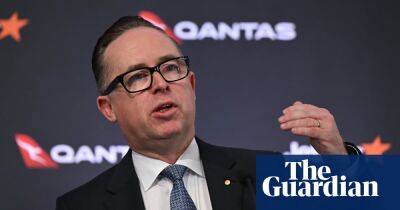Zoom investor tells startup founders: ‘Forget the past three years’ and accept 50% valuation hit
Eugene Zhang, a veteran Silicon Valley investor, recalls the exact moment the market for young startups peaked this year.
The firehose of money from venture capital firms, hedge funds and wealthy families pouring into seed-stage companies was reaching absurd levels, he said. A company that helps startups raise money had an oversubscribed round at a preposterous $80 million valuation. In another case, a tiny software firm with barely $50,000 in revenue got a $35 million valuation.
But that was before the turmoil that hammered publicly-traded tech giants in late 2021 began to reach the smallest and most speculative of startups. The red hot market suddenly cooled, with investors dropping out in the middle of funding rounds, leaving founders high and dry, Zhang said.
As the balance of power in the startup world shifts back to those holding the purse strings, the industry has settled on a new math that founders need to accept, according to Zhang and others.
«The first thing you need to do is forget about your classmates at Stanford who raised money at [2021] valuations,» Zhang says to founders, he told CNBC in a recent Zoom interview.
«We tell them to just forget the past three years happened, go back to 2019 or 2018 before the pandemic,» he said.
That amounts to valuations roughly 40% to 50% off the recent peak, according to Zhang.
The painful adjustment rippling though Silicon Valley is a lesson in how much luck and timing can affect the life of a startup – and the wealth of founders. For more than a decade, larger and larger sums of money have been thrown at companies across the startup spectrum, inflating the value of everything from tiny pre-revenue outfits to still private behemoths like SpaceX.
The low interest rate
Read more on cnbc.com


 cnbc.com
cnbc.com




















